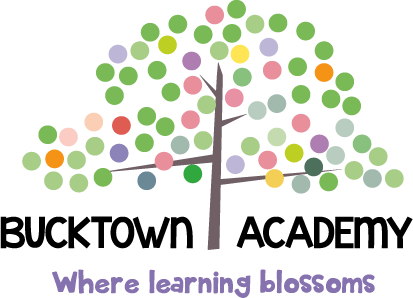Curriculum
At Bucktown Academy, our curriculum is driven by the Illinois Early Learning Standards. All units of study are based on student interest and integrate literacy, mathematics, science, and art standards. On a daily basis, students participate in authentic learning experiences by engaging in centers, small groups, and whole group instruction. Throughout the year, students are assessed by observations and formal assessments. At Bucktown Academy, we believe that children learn best when they are immersed in meaningful and authentic activities, which will develop a life-long love of learning. You will not find high-stake assessments or developmentally inappropriate mandates at Bucktown Academy. Our director and owner is a National Board Certified teacher who has taught preschool children for over 19 years. Our goal is that your child leaves Bucktown Academy with a passion for learning.
Learning Centers:
Learning centers provide a classroom structure that facilitates the active learning of children. Centers provide opportunities for children to learn through concrete experiences with real objects. Through learning centers, children have opportunities for:
Social interaction with peers leading to cooperative learning, peer teaching, and the development of social skills
Language development as they verbalize their actions and discuss problems and solutions with others
Cognitive development as they experiment, explore, manipulate, compare and contrast, ask questions, and solve problems
Physical development as they move and are actively involved in making choices
Motivated learning
Creative development through art, music, and writing activities
Materials and activities in the centers reflect a variety of skill levels so that the children may choose those appropriate to their own level and achieve success.
Art:
Through the art center, children:
Explore differences in colors, line, texture, and shape by painting, drawing, molding, cutting, pasting, and constructing
Express their thoughts, ideas, imaginations, and creativity through picture making, puppetry, modeling, constructing, and printmaking
Enhance fine motor skills and hand-eye coordination
Critique his/her own work
Focus on the process of discovery rather than the product
Students also receive weekly art classes by Easel Art
Blocks:
Through the block center, children:
Discover patterns, gravity, shapes, sorting, measurement, spatial sense, and counting
Have opportunities to construct and deconstruct and engage in symbolic play
Feel a sense of accomplishment in constructing and creating
Act independently and make choices
Engage in cooperative group play
Solve problems related to physical principles
Writing:
Through the writing center, children:
Enhance fine motor skills by manipulating a variety of writing materials
Become aware of speech sounds and patterns of rhymes, poems, and chants
Learn to identify sounds of speech
Use language in a variety of situations
Write & draw using a variety of writing tools and paper sources
Dictate stories to adults
Journal
Science & Sensory:
Through the science & sensory center, children:
Explore their environment by using inquiry and discovery
Consider logical relationships within and among objects
Weigh, measure, and compare and contrast objects in their environment
Plant seeds, grow, and nurture plants
Use simple machines and understand how they function
Stimulate curiosity, exploration, and problem solving
Make inferences and predictions about cause and effect relationships
Focus on the process of discovery rather than the product
Develop compassion for living things
Dramatic Play:
Through the dramatic play center, children:
Learn about themselves and their families by playing dress up and imitating things they observe in their environment
Play cooperatively with others, take turns, and share
Apply knowledge to new situations
Classify according to common characteristics
Demonstrate an understanding of the social expectations and attitudes of others
Library:
Through the library center, children:
Develop an appreciation and love of books
Learn how to handle and hold books
Develop emergent literacy skills
Participate in story telling activities
Attach positive, emotional feelings to their experiences with books
Retell or dramatize stories
Play with words
Engage in a variety of print activities
Math:
Through the math center, children:
Develop perceptual, conceptual, and fine motor skills
Sort, classify, and sequence objects according to attributes of shape, color, texture, and size
Work independently and feel a sense of accomplishment
Create and duplicate simple and complex patterns
Demonstrate emergent logical-mathematical knowledge
Consider logical relationships within and among objects
Students will participate in learning centers daily but will also engage in small groups for more individualized instruction and whole group instruction.

